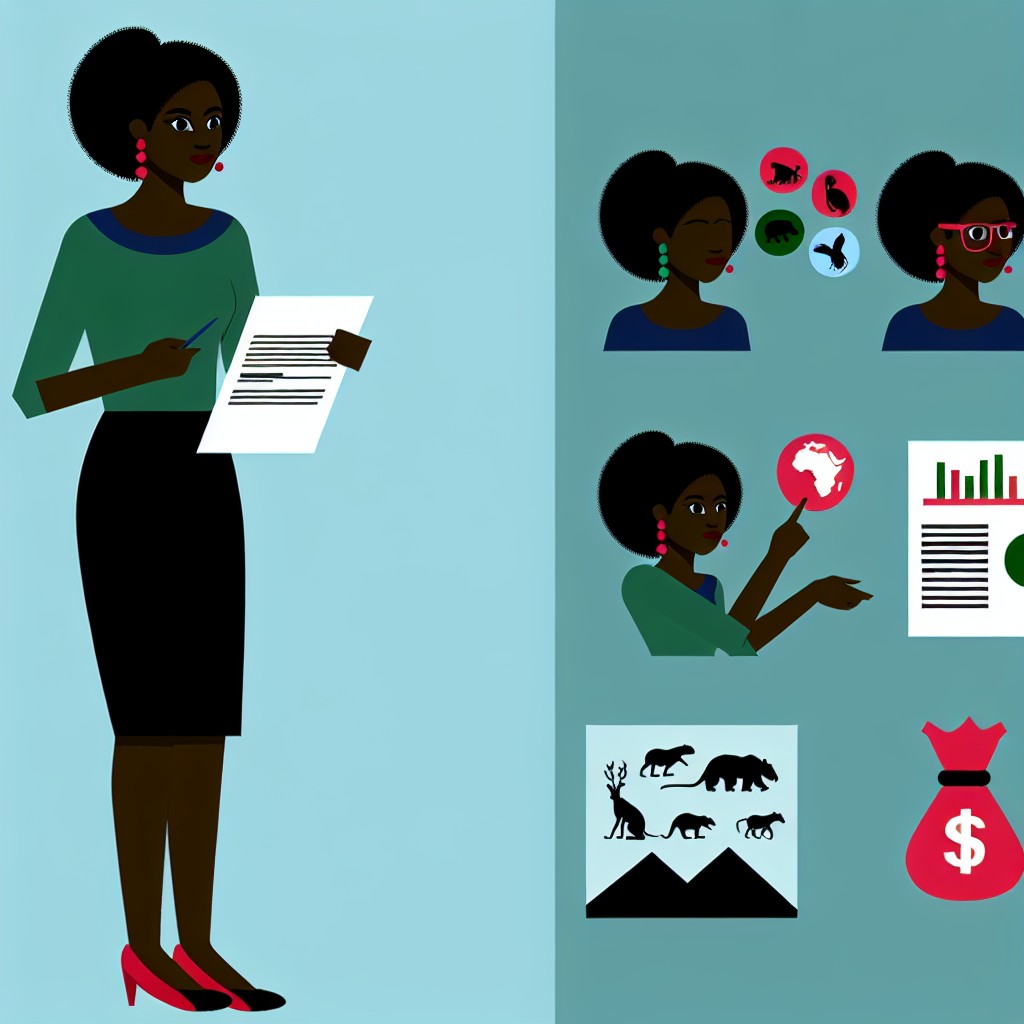Applied Zoology and Its Role in Nigeria’s Economy
Applied zoology involves the practical application of knowledge about animals.
It also covers their biology and behavior.
The discipline plays a crucial role in various sectors of Nigeria’s economy.
These sectors include agriculture, wildlife conservation, and public health.
This blog post explores the impact of applied zoology on Nigeria’s economy.
It also discusses how applied zoology contributes to the country’s growth and development.
History of Applied Zoology in Nigeria
- Applied zoology in Nigeria has evolved over the years.
- From traditional practices to modern research, it has grown.
- Early on, indigenous knowledge of animals was utilized.
- Colonial influence brought western scientific methods to Nigeria.
- This led to the establishment of formal zoology studies.
- Major milestones include the founding of research institutes.
- Contributions in the field have come from local and foreign experts.
- They have advanced our understanding of Nigerian wildlife.
- Research on endemic species has garnered international recognition.
Impact of Historical Practices
- Historical practices have influenced the current state of applied zoology.
- Traditional methods still play a role in local communities.
- Modern techniques have improved conservation efforts.





